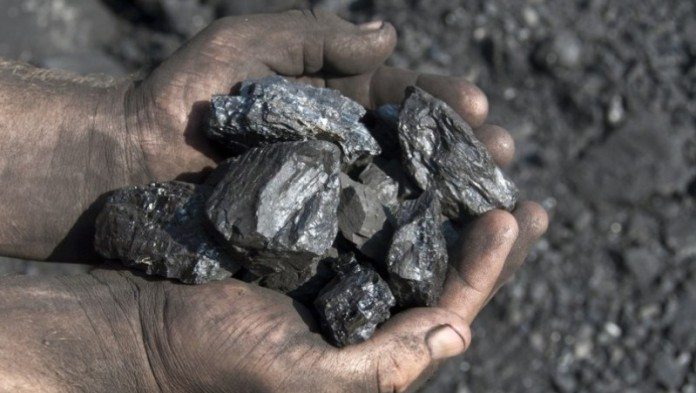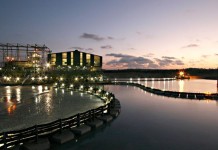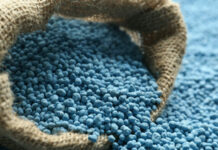
AFRICAN Rainbow Minerals (ARM) impaired its thermal coal assets by R1.6bn owing to “the sharp decline” in export prices and lower sales volumes, the diversified mining firm announced today in its results for the 12-months ended June.
The write-down (R1.52bn after-tax) was the major blot on numbers that were otherwise decent, demonstrating an increase in cash flow and a healthy cash balance by end-period. Headline earnings of R5.53bn – R28.50 per share – were 6% higher year-on-year.
The improvement included higher income from iron ore, but the main contributor was the firm’s platinum group metal (PGM) assets. ARM Platinum reported a R1.03bn increase in headline earnings of R1.14bn for the year.
This performance helped offset disappointing performances from the firm’s manganese ore and alloys operations, as well as thermal coal. Basic earnings, which includes the effects of the write-down, totalled R3.97bn or R20.42/share (2019: R3.55bn or R18,48/share).
The strong showing from ARM Platinum helped ARM lift net cash by R1.19bn to R3.79bn as of June 30 compared to last year. The group’s financial position was also boosted by the R2.32bn re-valuation of ARM’s stake in Harmony Gold, the share price of which gained 126% during the year to R71.86/share.
ARM announced a final dividend of R7/share taking the full dividend for the year to R12/share following the R5/share interim payout announcement. Analysts at RMB Morgan Stanley said the dividend was disappointing given ARM’s cash on hand whilst the view of other PGM producers is that pricing for palladium and rhodium will be strong this year. In addition, the rand – which depreciated 11% during the period to end at an average realised price of R15.68 to the dollar – was at R17,36 to the dollar by June 30.
Commenting in its published notes, ARM said it would focus on “… strengthening and enhancing our diversified portfolio to capitalise on opportunities that may arise from increased volatility” posted by the Covid-19 pandemic.
One headwind will be the upcoming closure of the group’s Nkomati nickel mine which is now planned for February instead of September as previously guided.
Closure related costs totalling R767m were to be expected resulting from items such as a R384m increase in the mine’s rehabilitation provision, and another provision of R131m relating to a tax dispute with the South African Revenue Service. Restructuring costs of R77m and a R99m penalty related to out of spec concentration supply would also be incurred on the asset.
ARM said of the last financial year that controlling costs was a major challenge given the impact of Covid-19 lockdowns on production volumes. The group was working on returning operations to full production, but the process may be threatened by electricity rationing imposed by Eskom, the state-owned power utility.
The period under review also included a curtained buy-back programme. ARM approved a buy-back of shares on March 19 which it decided to end five days later having bought R57m worth of ARM shares for an average price of R90,86/share. ARM is currently trading at R20.17/share.









